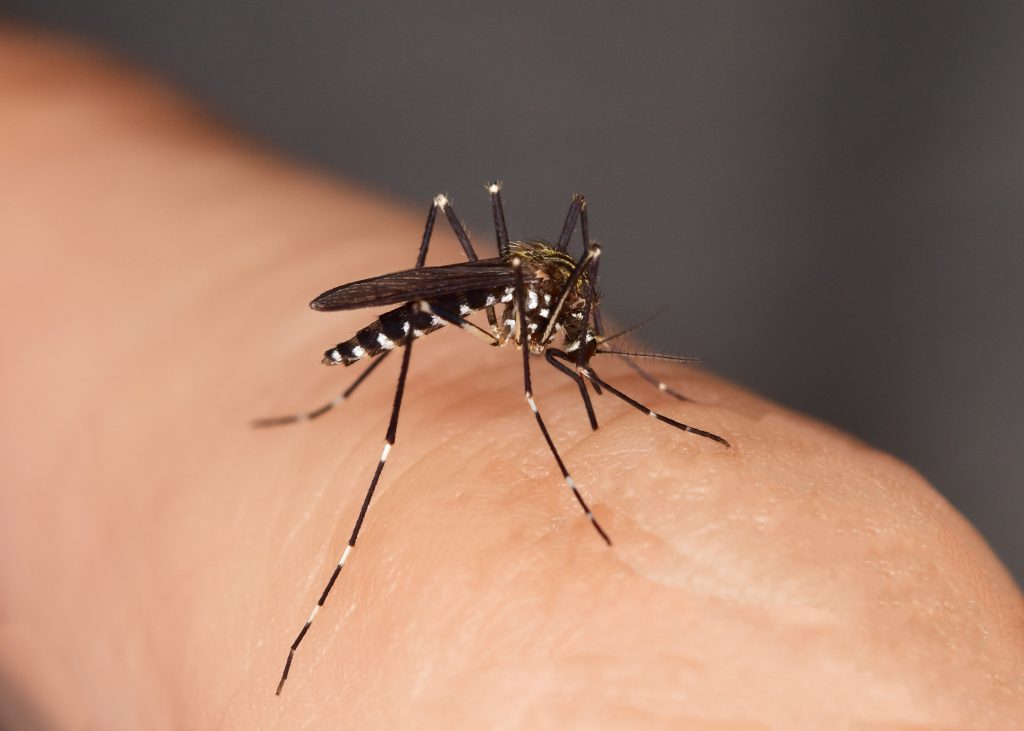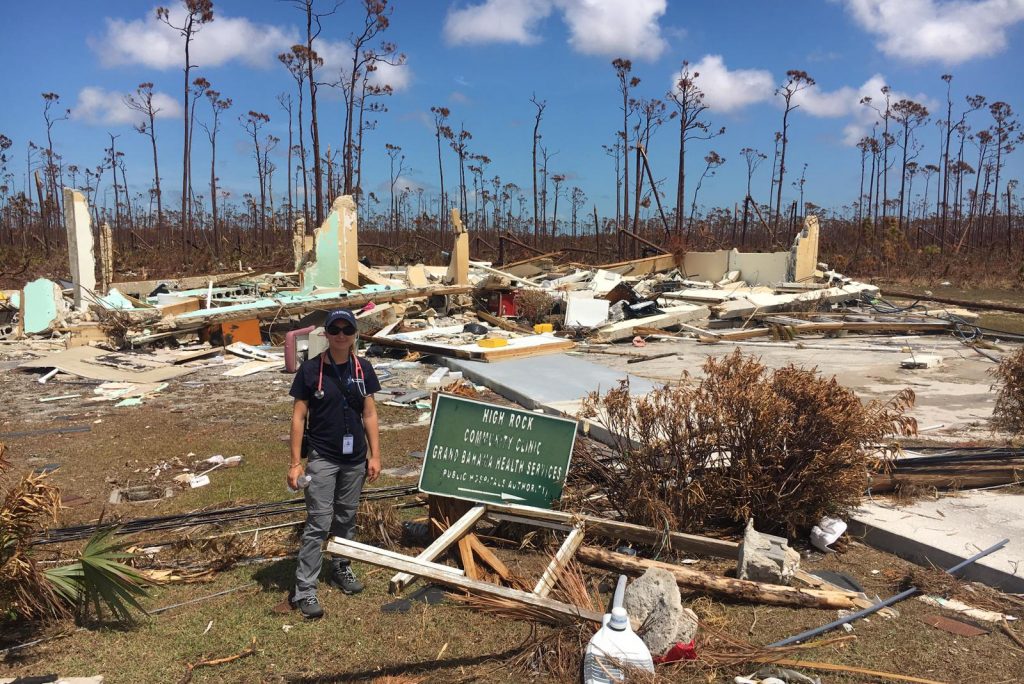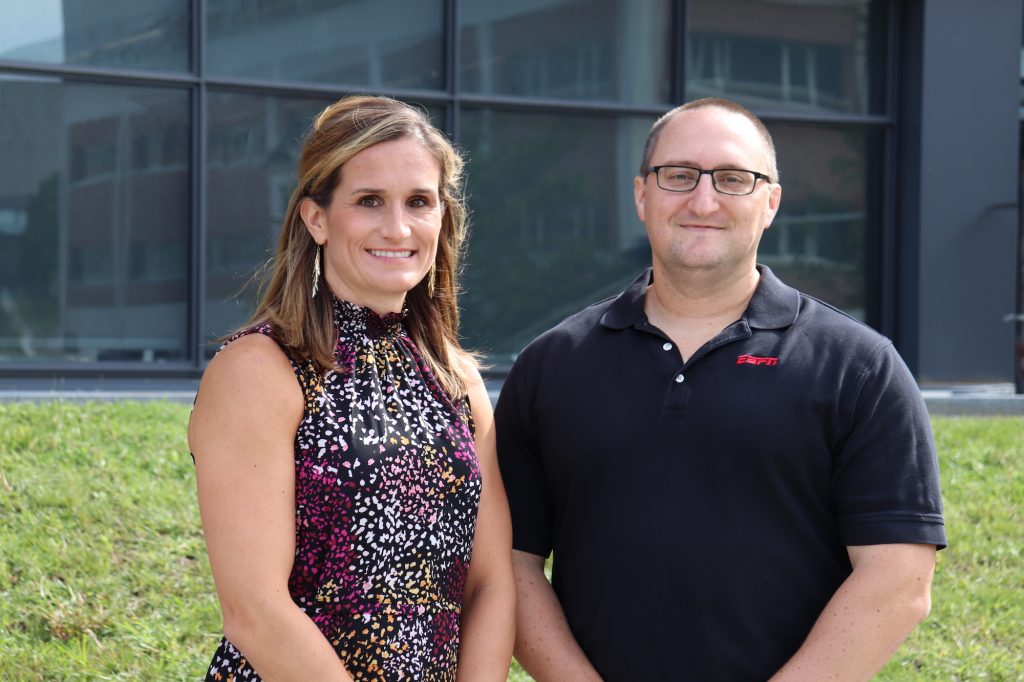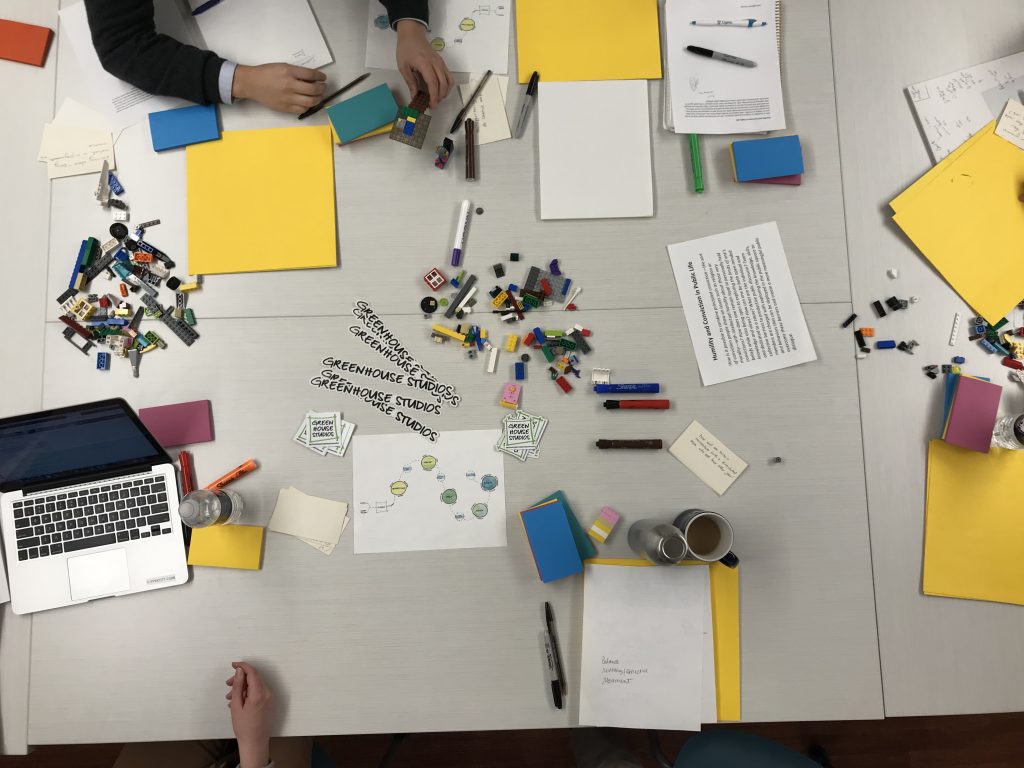Research & Discovery
Coastal Birds Can Weather the Storm, But Not the Sea
The impacts of hurricanes, in terms of populations rather than individual birds, tend to be surprisingly small compared to the other threats that are causing these species to decline, say researchers.
September 18, 2019 | University of Maryland's National Socio-Environmental Synthesis Center
Solving Industry Challenges By Teaching Microscopes to Talk To Each Other
By learning how to make different types of microscopes communicate with each other, UConn researchers helped solve a tricky industry problem.
September 17, 2019 | Kim Krieger
Married CEOs Are More Committed to Social Issues Than Non-Married Peers
A study by UConn and the University of Saskatchewan found firms led by married CEOs were associated with significantly higher scores on a respected corporate social responsibility index.
September 17, 2019 | Claire Hall
Anemia May Contribute to the Spread of Dengue Fever
Understanding how dengue is transmitted will help scientists develop new ways to control the disease, and possibly control similar viruses such as Zika and West Nile virus, says Penghua Wang of UConn Health.
September 16, 2019 | Kim Krieger
Researchers Hone Our Ability to Map Storm Flooding
UConn researchers developed a radar satellite-based mapping technique that will improve the ability of forecasters to more accurately predict the inundated area caused by future storms.
September 16, 2019 | Tom Kertscher, freelance writer
New Grant Helps Manage Pain and the Opioid Crisis
A research team from the Connecticut Convergence Institute for Translation in Regenerative Engineering has received $1.8 million from the NIH to work towards the development of a non-opioid treatment for acute pain flare-ups.
September 16, 2019 | Anna Zarra Aldrich '20 (CLAS), Office of the Vice President for Research
START Preliminary Proof of Concept Fund Recipients
Through a generous grant from the CTNext Higher Education Fund last year, the Office of the Vice President for Research (OVPR) has been administering an early stage translational research funding program called the START Preliminary Proof of Concept Fund. Under the grant, funding is provided to investigators at Central Connecticut State University, Southern Connecticut State […]
September 13, 2019 | Jessica McBride, PhD
Why is Earth so Biologically Diverse? Mountains Hold the Answer
Using a computer model, UConn's Robert Colwell and Thiago Rangel were able to simulate the processes of species origination, persistence, and extinction in South America over the past 800,000 years, through ten cycles of glaciation and warming.
September 13, 2019 | Combined Reports
Study Shows Opioids Not the Only Option for Pain Management
UConn researchers studied the effectiveness of opioid and nonopioid analgesics in treating moderate to severe pain in prehospital settings.
September 11, 2019 | Sheila Foran - School of Pharmacy
Making Digital Scholarship Mainstream
UConn’s Greenhouse Studios aims to reimagine disrupt longstanding academic workflows to better support scholarly publications for the digital age.
September 11, 2019 | Jessica McBride, PhD









